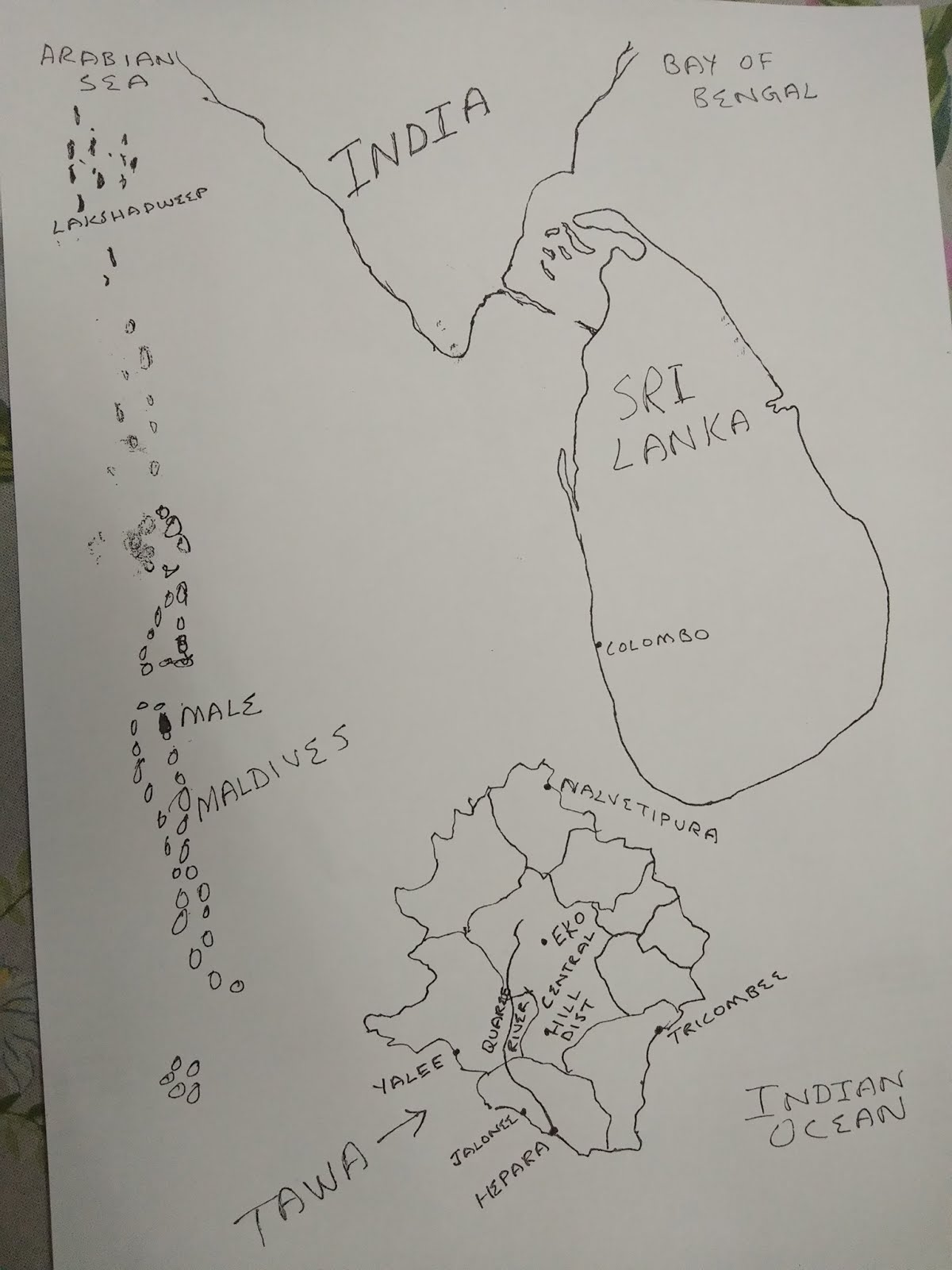Sunday 5 August 2012
Book Review: The Aryavarta Chronicles, Book 1: Govinda by Krishna Udayasankar
I just finished reading Book 1 of Krishna Udayasankar’s Aryavarta Chronicles and liked it enough to start writing this review immediately. Like any other Indian, I’m familiar with the Mahabharata, my knowledge having being acquired through numerous Amar Chitra Katha comics and some prescribed study while at school. I’ve always thought that the Mahabharata is a lot more exciting than the Ramayana. In any event, it is a lot more fascinating than the Greek epics. There are various versions of the Mahabharata and I should confess that I am not expert enough to know of the various types and the differences between them. However, I do know that Udayasankar’s version cannot be the mainstream one.
To start with, the main characters are not divine. They are just ordinary men who performed exceptional tasks in extraordinary circumstances, invoking gods such as Rudra or Hara. Maybe future generations elevated them to the status of Gods as their legends grew. The women in Mahabharata, especially Panchali, are not the supine creatures they are made out to be, in the mainstream narration of the Mahabharata. Panchali especially is her own boss and comes across as a powerful personality, intelligent, brave and of course very beautiful. Udayasankar uses lesser known names for many of her characters. Arjun is always called Partha. Yudhistir is Dharma, Dhuryodhan is called Syoddhan, Kunti is Pritha, not even once is she called Kunti, and Krishna, the hero of Book One, is Govinda Shauri or just plain Govinda. Some of the names are spelt in a manner which I assume is closer to the language which may have been spoken during Vedic times. Panchali’s brothers Dhrishtadyuman and Shikhandi are called Dhrstydymn and Shikandin. Shikandin is not a half-man-half-woman. Rather he is a brave and fearless warrior who is misunderstood by many, including his own father.
As Udayasankar’s Aryavarta Chronicles starts rolling, the most powerful state in Aryavarta is Jarasandha’s Magadha. The Kurus are vassals of Jarasandha as are a number of neighbouring states. Dharma and his four brothers stay in Hastinapura, more as guests of their Kuru cousins than as princes of the realm. Govinda (Krishna) is a cow-herd who somehow managed to become the ruler of Mathura, but had to abandon it and take refuge in glorious Dwaraka. As the story progresses, we see Govinda plan, plot, scheme and pilot the Pandava brothers into Indr-prasta and work towards making Dharma the Emperor of all of Aryavarta. The question remains: why does Govinda do all that? What’s in it for him? Is it solely on account of his hatred for the Firewrights?
The Firewrights are an ancient order of scientists and inventors who wear mixed colours. On one hand, their inventions and advancements have contributed towards progress in Aryavarta. Most, if not all the advanced weapons, such as those used by Partha to destroy the Kandava forest, originated from the Firewrights. However, the Firewrights can also be evil and in any event, Govinda seems to be determined to destroy them. The rivalry and fighting between the Firewrights and the Firstborn dynasty is a thread which runs through this book and as Book One comes to an end, stays alive to continue into Book Two.
Udayasankar rolls out her tale at an even pace and at least once, when Partha wins the archery contest and Panchali’s hand, I caught myself wishing that she would devote more time and space for such events. However, on the whole, the gentle pace works rather well, since we need to remember that legends were created over a period of time. As I have said earlier, there are no Gods or miracles in Udayasankar’s Chronicle. For example, the fight between Bhim and Emperor Jarasandha is just a wrestling match between two very strong men who have agreed to fight until one of them dies, rather than one where Bhim keeps tearing Jarasandha apart, only for the latter to come alive, until Bhim dumps two halves of Jarasandha's torn body poles apart.
Udayasankar writes very well, her language simple and elegant, with a gentle lyrical touch and a whiff of antiquity, as would befit such an ancient tale. All her characters are coloured in grey, rather than as entirely good or bad human beings. This goes not only for Dharma, but even for Govinda, who Panchali (like thousands of other women) secretly pines for. Similarly Syoddhan (Dhuryodhan) is not such a bad guy! Panchali is definitely a feminist who after some initial docility puts her foot down and starts doing as she pleases. I am not going to explain these in detail and give away the story – please do read this excellent book and find out for yourselves.
Subscribe to:
Post Comments (Atom)







3 comments:
Nice review. I met the author about 2 weeks ago during our regular bi-weekly authors meeting. I'm waiting for the book to reach Singapore; i can't wait to get a signed copy. thanks for the review. i always like to know a little about a book before i read it, although i promised the author i will definitely read it when it is published.
when my book is published, i hope you'll review it too.
Cheers
jeremy han, author of The Emperor's Prey, www.jeremyhan.com
Very Nicely written review and it's got me intrigued. we find less of mainstream fantasy written by Indian authors set in indian settings and am glad I found one through your review. Great Job!
Very nice review.
Reading now, about half-way through. I love this retelling of the epic from an alternate perspective. Also the shades of grey.
I feel that its better than Ashok Banker's version (though its probably not fair to compare)
Anando
Post a Comment